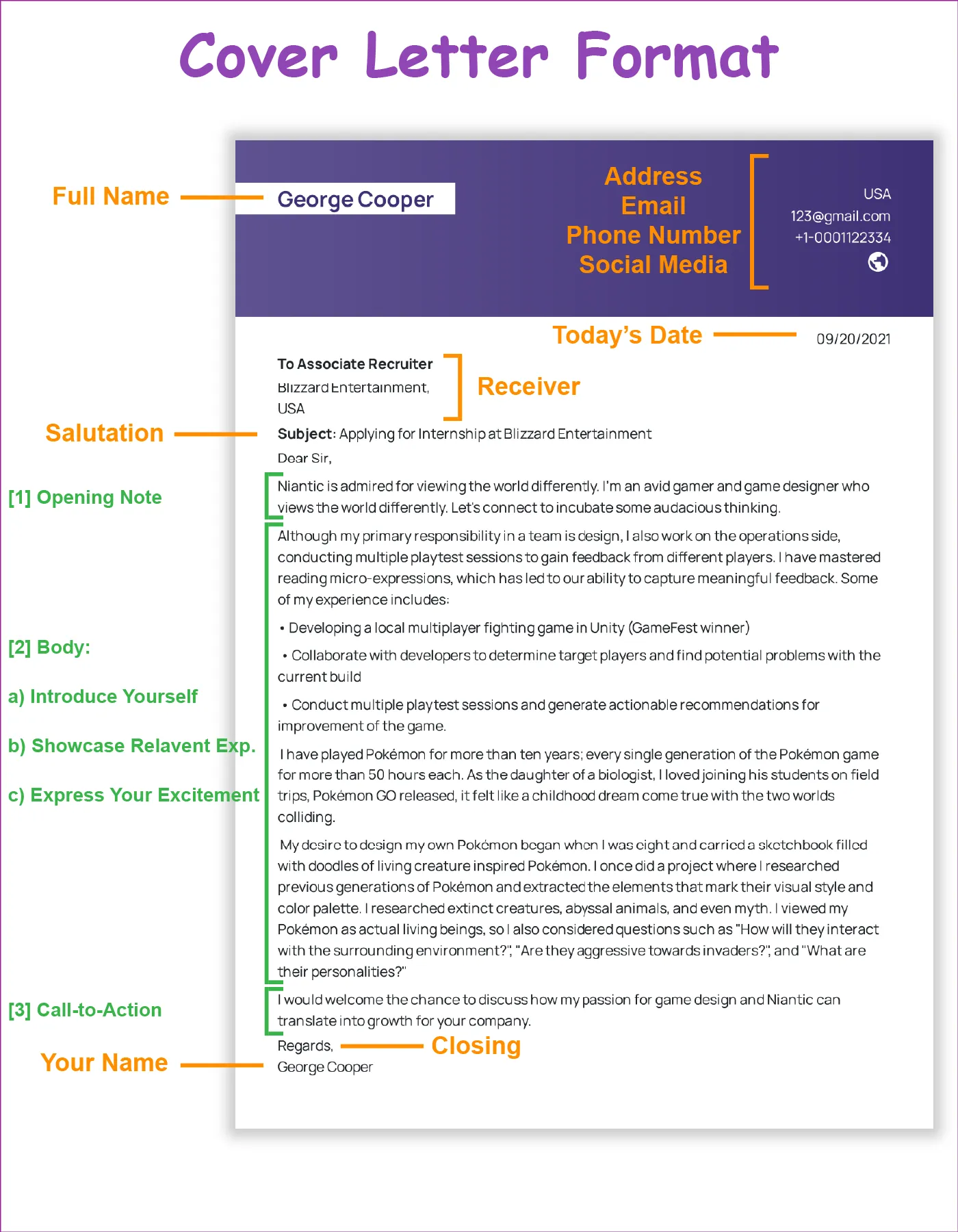Recruiter Role What You Need to Know
Embarking on a career as a recruiter is an exciting prospect, even if you’re starting with no prior experience. Recruiters are the gatekeepers of talent, playing a crucial role in connecting companies with the right individuals. This guide provides a comprehensive roadmap for navigating the path to a recruiter position, offering insights into the role’s core responsibilities, essential skills, and strategies for crafting a compelling application, even without direct experience. Understanding the intricacies of the recruiter role is the first step in building a successful career in this dynamic field. Whether you are a fresh graduate or are making a career change, the demand for skilled recruiters is consistently high across various industries. This guide will equip you with the knowledge and tools necessary to stand out from the competition and secure your first recruiter job.
Understanding the Recruiter’s Role
The recruiter’s role is multifaceted, encompassing various activities aimed at attracting, screening, and selecting candidates for open positions within an organization. Recruiters act as intermediaries between employers and job seekers, ensuring that both parties find a suitable match. This involves understanding the needs of the hiring managers, crafting job descriptions, sourcing candidates through various channels, conducting initial screenings, and managing the interview process. Furthermore, recruiters are often involved in negotiating job offers, onboarding new hires, and building relationships with candidates and hiring managers alike. Their influence extends beyond the immediate hiring process, impacting the company’s culture and overall success by bringing in talented individuals who contribute to the organization’s goals. Understanding this broad scope is crucial for aspiring recruiters.
Key Responsibilities of a Recruiter
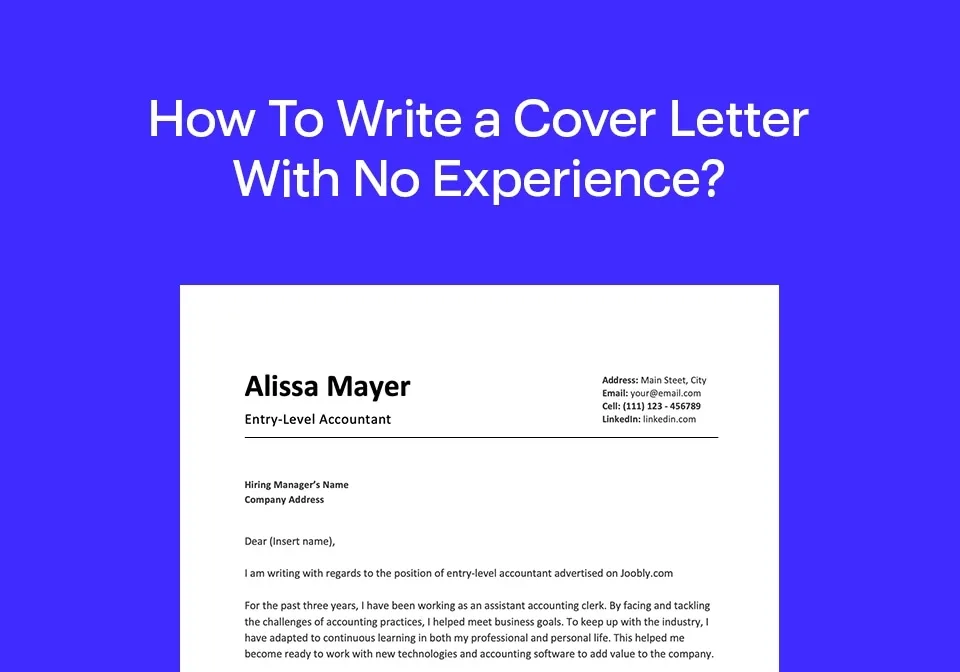
A recruiter’s responsibilities are diverse, ranging from administrative tasks to strategic planning. Core responsibilities include: sourcing candidates using job boards, social media, and networking; screening resumes and applications; conducting initial phone or video interviews; coordinating interviews with hiring managers; managing the offer process, including salary negotiations and offer letters; and maintaining a database of candidates. Beyond these, recruiters are often responsible for employer branding initiatives, attending job fairs, and building relationships with universities and other institutions to attract top talent. Furthermore, staying abreast of industry trends, employment laws, and best practices in recruitment is crucial for maintaining compliance and effectiveness. The ability to effectively manage these diverse responsibilities is essential for success in the recruiter’s role.
Essential Skills for Recruiters
Several skills are indispensable for excelling as a recruiter, even without direct experience. These skills can be developed through various means, including education, previous work experience, and self-study. Recruiters must possess strong interpersonal skills to build rapport with candidates and hiring managers. Excellent communication skills, both written and verbal, are essential for crafting compelling job descriptions, conducting effective interviews, and providing feedback. Organizational skills are crucial for managing multiple tasks and candidates simultaneously. Adaptability and the ability to learn quickly are important in this fast-paced field. Furthermore, familiarity with applicant tracking systems (ATS) and social media platforms is increasingly necessary. Cultivating these skills will significantly enhance your chances of securing a recruiter position.
Communication Skills
Effective communication is at the heart of a recruiter’s role. This involves clear and concise writing for crafting job descriptions, emails, and candidate feedback. Excellent verbal communication is required for conducting interviews, presenting candidates to hiring managers, and providing constructive feedback. Active listening skills are also essential, allowing recruiters to understand candidates’ qualifications, motivations, and career goals effectively. The ability to adapt communication styles to different audiences is another crucial skill. Recruiters must be able to communicate complex information clearly and concisely, building rapport with both candidates and hiring managers. Practicing and refining these communication skills can significantly boost your effectiveness as a recruiter.
Interpersonal Skills
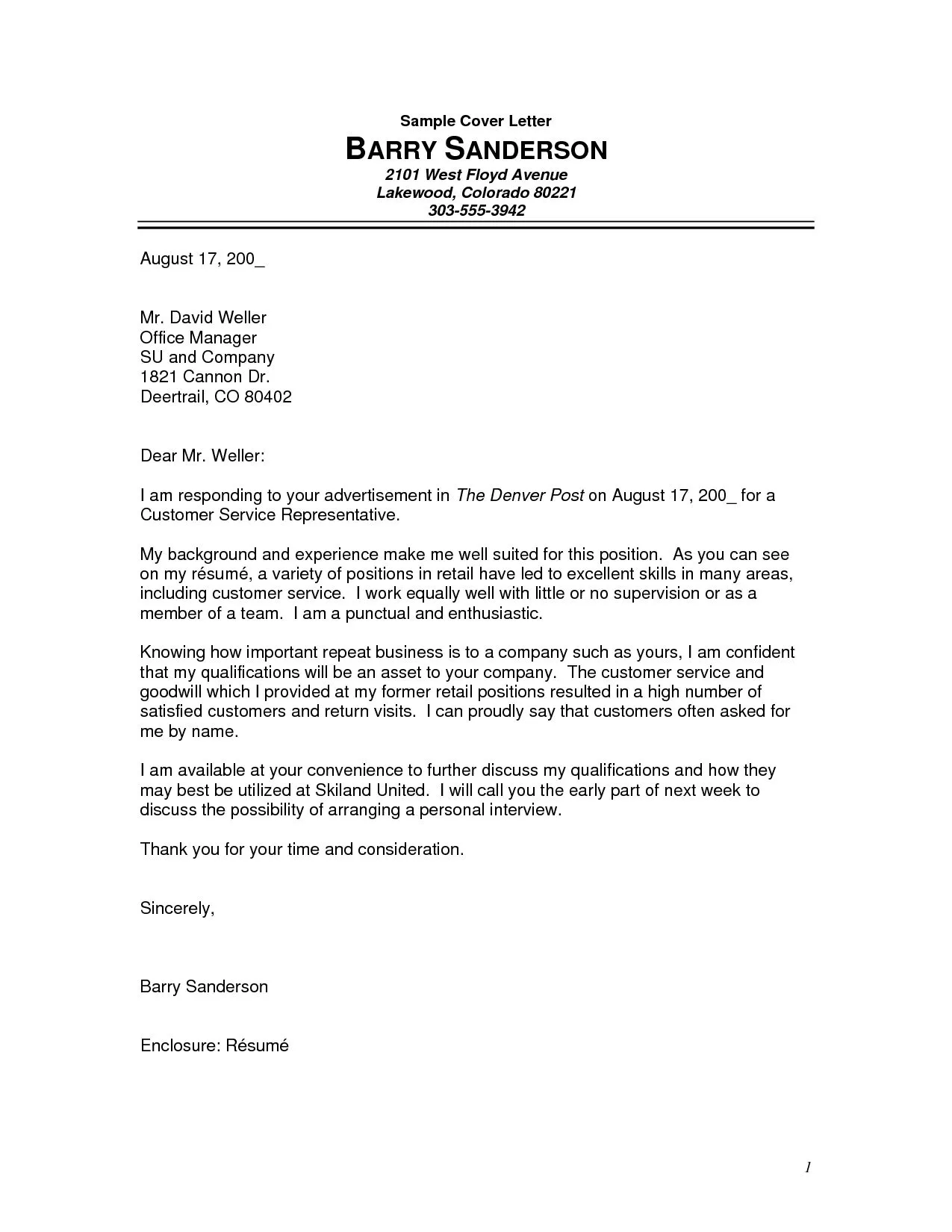
Interpersonal skills are critical for building relationships with candidates and hiring managers. Recruiters must be able to establish trust, rapport, and empathy. This includes the ability to handle difficult conversations, provide constructive feedback, and manage expectations. Strong negotiation skills are also necessary, particularly when discussing salaries and benefits. Recruiters often act as mediators, facilitating communication between candidates and hiring managers. Developing these interpersonal skills will enhance your ability to connect with people and build a strong network. Focusing on empathy, active listening, and effective conflict resolution will prepare you for the people-centric aspects of recruitment.
Organizational Skills
Recruiters manage multiple tasks and candidates simultaneously, making organizational skills essential. This includes the ability to prioritize tasks, manage time effectively, and maintain detailed records. Proficiency in using applicant tracking systems (ATS) is crucial for tracking candidates, managing applications, and generating reports. Recruiters must be able to work independently and as part of a team, adapting to changing priorities. Excellent organizational skills ensure that the recruitment process runs smoothly, minimizing errors and maximizing efficiency. Utilizing time management tools, creating detailed spreadsheets, and setting clear deadlines can improve your organizational skills and help you to keep track of many applications.
Building Your Recruiter Resume with No Experience
When applying for a recruiter position without prior experience, it’s crucial to tailor your resume to showcase transferable skills and relevant experiences. Highlight any experience in customer service, sales, project management, or other roles that demonstrate your ability to communicate effectively, manage tasks, and build relationships. Emphasize any volunteer work, internships, or academic projects that showcase your skills. The goal is to demonstrate that you have the potential and the foundational skills necessary to succeed as a recruiter. Be sure to use keywords from the job description and quantify your achievements whenever possible. A well-crafted resume will significantly increase your chances of getting an interview.
Highlighting Transferable Skills
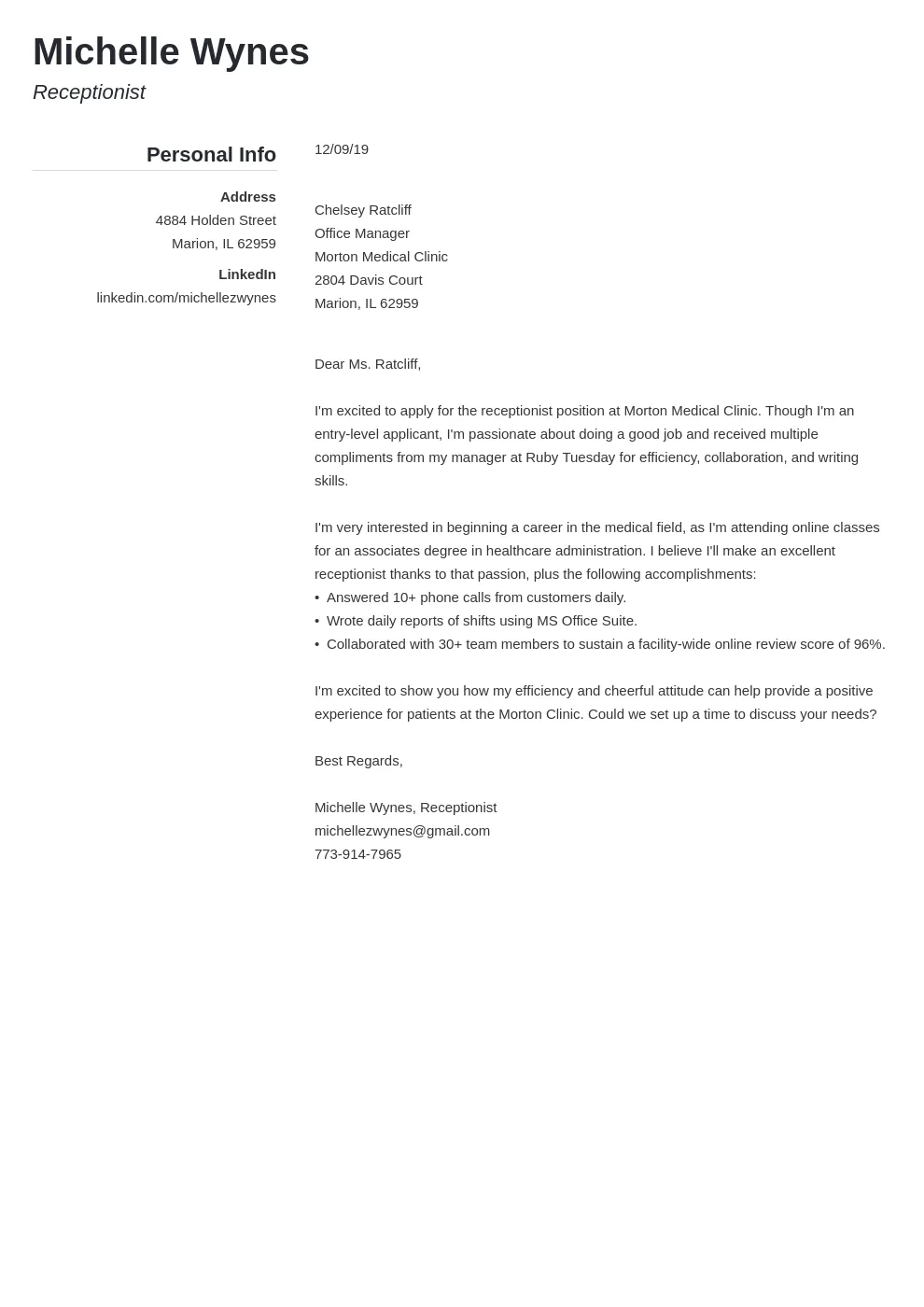
Focus on transferable skills that align with the requirements of a recruiter role. Skills such as communication, interpersonal skills, organizational abilities, and problem-solving are highly valued. Provide specific examples from your past experiences to illustrate these skills. If you’ve worked in customer service, highlight your ability to handle difficult situations and build rapport. If you’ve been involved in project management, showcase your organizational skills and ability to meet deadlines. Even if your experience is not directly related to recruitment, you can often find ways to demonstrate these key skills. By highlighting these transferable skills, you demonstrate the potential to quickly learn and adapt to the recruiter’s role, even without direct experience.
Showcasing Relevant Experiences
Even without direct experience, there are ways to showcase relevant experiences on your resume. Consider including any volunteer work, internships, or academic projects that demonstrate skills relevant to recruitment. For example, if you’ve led a team in a volunteer project, highlight your leadership and organizational skills. If you have experience in a customer-facing role, emphasize your ability to communicate and build relationships. If you’ve worked on any projects related to research or data analysis, emphasize those too. These experiences demonstrate your aptitude for learning new skills and your ability to apply them in a professional setting. Ensure that your resume reflects the essential skills and experiences that recruiters seek.
Creating a Strong Cover Letter
A well-crafted cover letter is your opportunity to make a strong first impression and differentiate yourself from other applicants. Clearly state your interest in the recruiter position and explain why you are a good fit, even without experience. Showcase your enthusiasm for the role and the company. Use the cover letter to elaborate on your transferable skills and to provide specific examples of how you have used them in previous roles. Tailor your cover letter to each specific job, referencing the job description and highlighting how your skills and experiences align with the requirements. Be sure to proofread your cover letter carefully for any errors in grammar or spelling. A compelling cover letter can significantly increase your chances of getting an interview.
Tailoring Your Cover Letter

Customize your cover letter for each job application. Begin by researching the company and the specific requirements of the role. Identify the key skills and experiences the employer is looking for, and then tailor your cover letter to highlight how your skills and experiences align with their needs. This shows the hiring manager that you have taken the time to understand the role and the company. Mention specific projects, achievements, or skills that demonstrate your potential. Including keywords from the job description can also help to ensure your cover letter gets noticed. A tailored cover letter demonstrates your interest and suitability, increasing your chances of landing an interview.
Highlighting Enthusiasm and Passion
Recruiters look for candidates who are enthusiastic about the role and the company. Show your passion for the recruitment industry by expressing your excitement for the opportunity and your commitment to the company’s success. Explain why you are interested in the role and what you hope to achieve. Showcase your understanding of the company’s mission, values, and goals. Share what excites you about the prospect of connecting people with career opportunities and contributing to a positive work environment. Expressing genuine enthusiasm will make you memorable and demonstrate your commitment to the role. A genuine passion for the recruitment process can be a great asset.
Researching the Company
Before applying for a recruiter position, research the company thoroughly. Understand their mission, values, culture, and recent news or achievements. This will show your interest in the company and your commitment to their success. Review their website, social media profiles, and any recent press releases or articles about the company. Understanding the company’s brand, products, and services will enable you to tailor your cover letter and interview responses to demonstrate your genuine interest and enthusiasm. This research will also provide you with valuable insights that you can use to ask informed questions during the interview, making you a more impressive candidate. Demonstrating this level of preparation shows your potential employer you’re serious about working for them.
Preparing for the Recruiter Interview
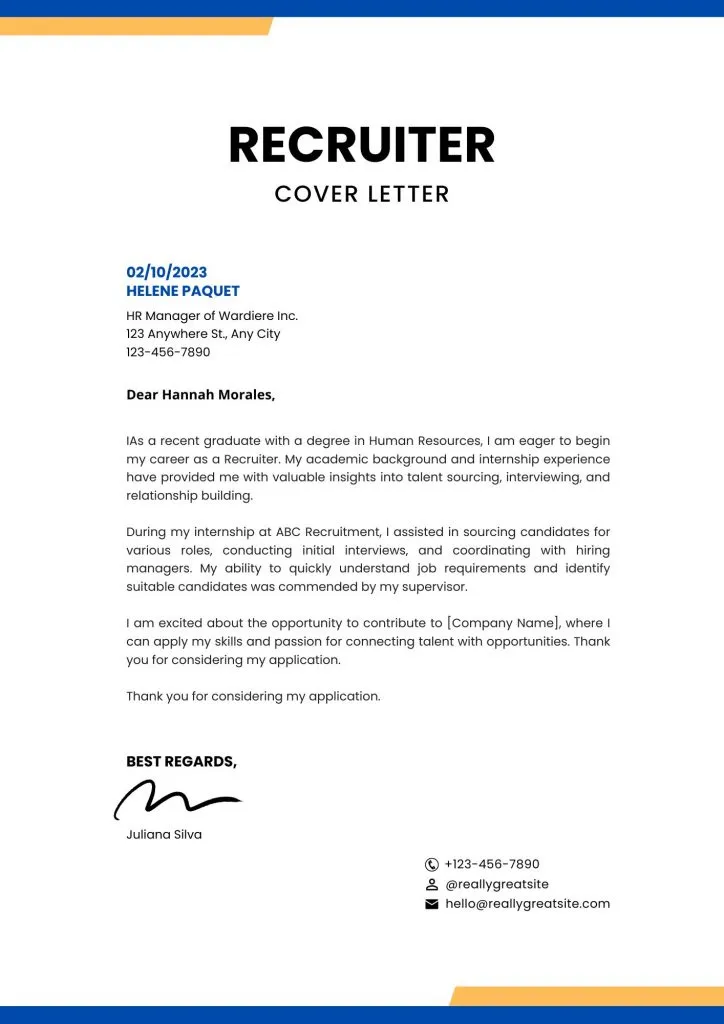
Interview preparation is crucial for succeeding in the recruiter role. Research the company, practice answering common interview questions, and prepare questions to ask the interviewer. Review your resume and cover letter, and be ready to elaborate on any experiences or skills you’ve highlighted. Practice answering behavioral questions using the STAR method (Situation, Task, Action, Result). Prepare to discuss your understanding of the recruiter role, your approach to sourcing candidates, and your strategies for building relationships with hiring managers and candidates. Consider practicing your interview responses with a friend or family member, or even recording yourself to identify areas for improvement. Preparation is essential for demonstrating your skills and ensuring a positive impression.
Common Interview Questions
Be prepared to answer common interview questions, such as ‘Tell me about yourself,’ ‘Why are you interested in this role?’ ‘What are your strengths and weaknesses?’ and ‘Why do you want to work for this company?’ Also, be ready to answer questions related to your understanding of recruitment, your approach to sourcing candidates, and your strategies for building relationships with hiring managers. You may be asked about your experience with applicant tracking systems, your communication skills, and your organizational abilities. Anticipate these types of questions, and prepare clear and concise answers. Practicing your responses to these common questions will help you feel more confident and prepared during the interview.
Answering Behavioral Questions
Behavioral questions are designed to assess how you have handled situations in the past. To answer these questions effectively, use the STAR method: Situation, Task, Action, and Result. Describe the situation you were in, the task you needed to accomplish, the actions you took, and the results you achieved. Provide specific examples to illustrate your skills and abilities. For example, if asked about a time you had to resolve a conflict, describe the situation, your role, the steps you took to resolve the conflict, and the outcome. This approach provides a clear and compelling picture of your skills and competencies. Preparing examples in advance will help you answer these questions with confidence.
Following Up After the Interview
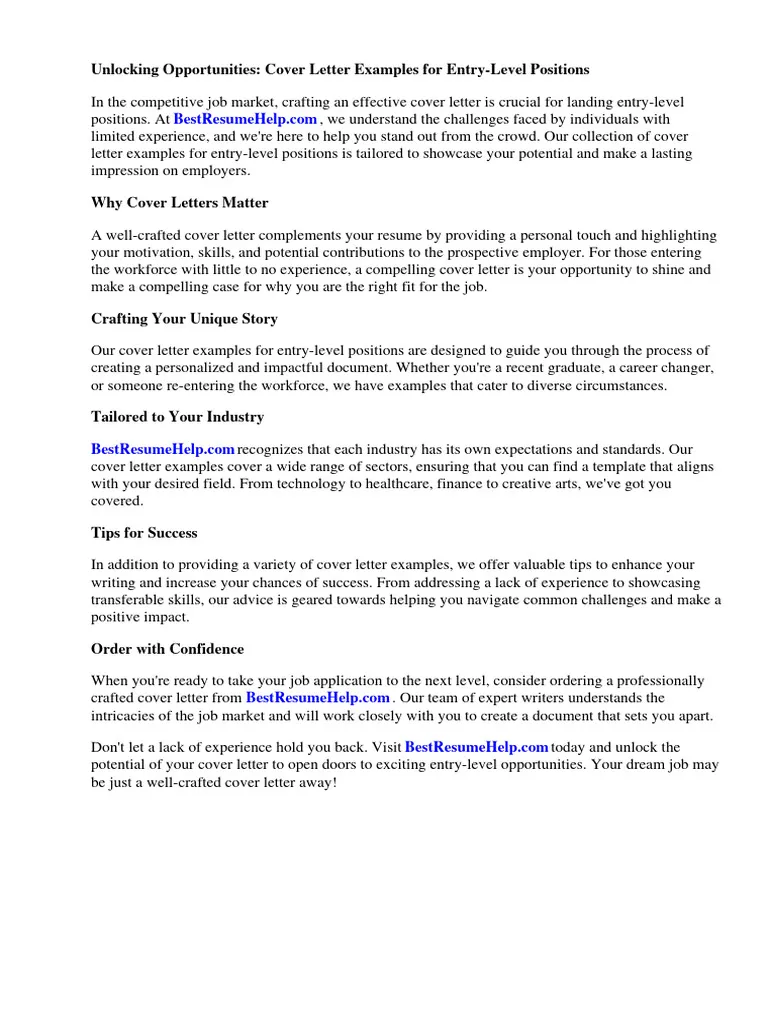
After the interview, follow up with the hiring manager or recruiter to express your gratitude for the opportunity and reiterate your interest in the position. Send a thank-you email within 24 hours of the interview. Reiterate your enthusiasm for the role and the company, and highlight any key points discussed during the interview. This shows your professionalism and your ongoing interest in the position. It also provides an opportunity to remind the interviewer of your qualifications and your value as a candidate. Following up demonstrates your initiative and attention to detail. This small act can make a significant difference in the hiring process.
Conclusion
Landing a recruiter position with no experience is achievable by focusing on transferable skills, crafting a strong resume and cover letter, and preparing thoroughly for the interview. Understand the recruiter’s role, highlight your communication, interpersonal, and organizational skills. By tailoring your application to each specific job and showcasing your enthusiasm, you can increase your chances of success. With the right preparation and approach, you can build a rewarding career in recruitment. Embrace this opportunity to learn, grow, and build a successful career path. Good luck!
